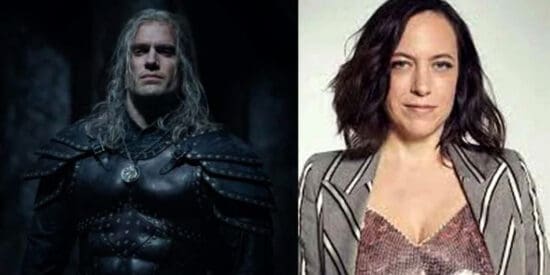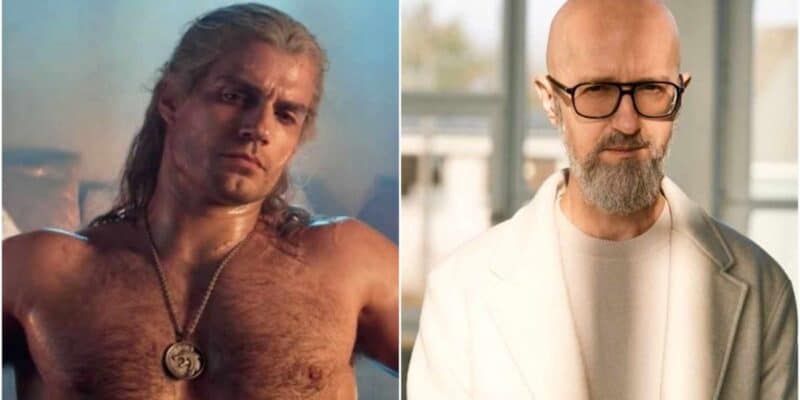Everyone can love a bit of “tea-spilling” drama in the world of entertainment. Well, the supply of it did not run dry between superstar, Henry Cavill, and Showrunner, Lauren Schmidt, of The Witcher. Their feud reached its pinnacle when Netflix announced that they would be replacing their main star, Cavill, following the end of Season 3.

This shocked fans considering many watched the series due to Cavill’s passion in promoting the show and its source material. This exit has not sat well with the fanbase as the latest season of The Witcher has had a disappointing 30% drop in viewership. While many assume that it might be the content of the show itself, Witcher producer, Tomek Baginski, believes there is another reason for the show’s decline.

Baginski reasoned that any narrative changes made were due to economic necessity. Plus, they had to simplify storylines to appeal to the U.S. market to maintain a lucrative result. He continued with an anecdote about how an unfinished film project of his was blocked because (test-screening) Americans found it too complicated, therefore not sellable. He finished by expressing that these simplifications are a pain for the producers, but they have to make these decisions and accept them to satisfy Western audiences.

Whether these provocative comments from Baginski have merit, the low ratings have still damaged the viability of the Netflix fantasy series. Ultimately, this deviation created a conflict with Cavill, since he only signed onto the show due to his love of the mythology. The Man of Steel star would eventually become a pariah to his producers when he went over the head of the showrunner, Schmidt, to disclose to Netflix executives of his concerns. His apprehensions were dismissed by the studio and Cavill commenced his departure.

While any cinematic adaptation takes creative liberties, many productions seem to struggle to ensure that the heart of the characters and lore still honor its source material. The endless amount of content on streaming platforms have created more sophisticated cinema consumers. So an adapted project’s success has become a balancing act between having captivating visuals, mixed with a compelling, conflict-filled storytelling. Western audiences are perfectly capable of grasping complex stories. Yet, a big chunk of viewership numbers stem from “rewatchability.” Those that tend to rewatch a franchise are fans, so if filmmakers will not honor the fans, the fans will not honor their franchise.
For the Uninitiated:
The Witcher is based on a series of medieval fantasy novels by Polish novelist, Andrzej Sapkowski. Like Lord of the Rings, it takes place in a world where humans coexist with other mythical beings, such as elves, dwarves, giants, gargoyles, vampires, and ghouls. There is always a constant power struggle between several human-controlled kingdoms that seek to have absolute power.

Witchers are a dying breed of monster hunters trained in rudimentary magic and potions to help slay invasive beasts. They comprise of mostly orphaned boys who are put through a life-threatening ritual that will bestow them with enhanced Captain America-like abilities, or death. The survivors are transformed into imposing warriors who travel the continent killing creatures for coin. Sadly, most Witchers were hunted to extinction long ago, but Geralt of Rivia is a veteran slayer still on the grind.

The main arc of the last three seasons of the show has been that Geralt (Cavill) has taken and trained his adoptive daughter, Ciri (Freya Allen), to be a Witcher. Yet, he discovered that she has been part of a prophecy that will mark the end of humanity at the hands of an evil, powerful race of elves, known as the ‘Wild Hunt.’
Season 3 of The Witcher is streaming on Netflix and Season 4 will now star Liam Hemsworth as ‘Geralt’ in 2024. If the Netflix series no longer interests fans, the celebrated books and innovative video game adaptation are available.
